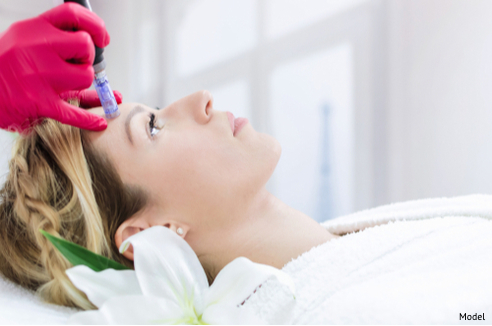
Tips for Taking Care of Your Skin From Eczema and other Skin issues
Eczema is a condition where the skin becomes dry, red and itchy. If you have eczema, it means that you are prone to itchy rashes, especially on parts of the body such as the creases of the elbows and knees, the neck and the face. The symptoms of eczema vary from person to person.
Although eczema cannot be cured permanently, there are ways to prevent it from coming back:
- Avoid harsh detergents, scented soaps, and highly fragranced lotions, which tend to irritate the skin and reactivate eczema.
- Since hot water dries by rapid evaporation and over-washing with soap tends to dry out your skin, take short showers or baths in lukewarm water. If you have to keep your hands in the water for a long time (for example, to wash the dishes or wash the car), try wearing gloves. Detergent can dry out and irritate your skin.
- Apply unscented moisturiser regularly to prevent itchiness and dryness. For most people, creams tend to be slightly more moisturising and last longer than lotions. Creams work best when applied to slightly damp skin, right after a bath or shower.
- Be careful with the type of fabrics you wear. Cotton works well because it is soft and breathable. (But for physical exercise, some of the newly created synthetic materials are better than cotton at keeping you dry.) Try to avoid fabrics like wool and spandex, which can cause irritation and/or allergic reactions.
- Manage stress. Since stress can reactivate eczema, try activities like yoga or taking a walk after a long day at work to keep stress under control.
- If you wear makeup, choose brands that don’t contain dyes or perfume, which can make eczema worse.
- If you’re having trouble controlling your eczema, talk to a dermatologist, who will tell you about ways to control it.
Dealing with other skin problems
Warts are infections that affect small areas of the skin caused by viruses of the human papillomavirus (HPV) family. There is no way to prevent the appearance of warts, apart from avoiding contact with people who already have them. But if you do have warts, don’t rub, snap, or scratch them, because you could spread the virus to other parts of your body and cause more warts to appear.
Some over-the-counter medications contain special acids that can help get rid of warts, but it’s always best to check with your doctor before trying one. If you get warts, go to the doctor to recommend the best treatment to follow on the body.
Another type of viral infection similar to warts is molluscum contagiosum. (Not as scary as its name!) Like warts, it can be spread by scratching or other ways.
Stretch marks, fine white, pink, or purple marks or lines that appear on the skin, are quite common in adolescents. Stretch marks form when the tissue under the skin stretches as a result of rapid growth or swelling, for example during puberty. Stretch marks usually go away on their own over time. If you are concerned, talk to your dermatologist.
Healthy skin is much more than just good-looking skin; it is essential for survival. Therefore, make sure your skin is always radiant by taking proper care of it, eating well and doing a lot of physical exercises.





